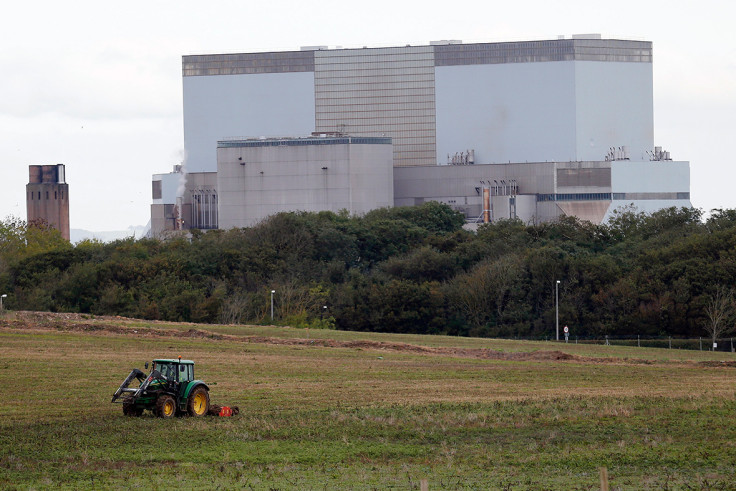Ending Hinkley Point nuclear plant project could cost UK taxpayers £2.5bn, experts warn
PM Theresa May delayed the project amid concerns over Chinese investment in the UK.
The decision to abandon development of the Hinkley Point C nuclear power station could cost UK taxpayers £2.5bn ($3.31bn, £2.96bn). The claim comes from industry experts cited in the The Sunday Times.
The landmark deal, which is receiving the majority of funding from French state-owned energy giant EDF, was on the verge of getting final approval. However, the £18bn project was scuppered unexpectedly on 29 July by the UK government, which said it needed until Autumn to "carefully" consider the fine print.
However, as EDF has already reportedly spent £2.5bn developing the 430-acre site in Somerset, which would house the first new nuclear power station in the UK for a generation, experts have claimed that Britain may be forced to foot the bill, should the UK government back out at this stage.
"If they turn around to EDF and say 'sorry, there's no deal', what happens?" said one senior industry source who was left unnamed by the newspaper. "If government does not pay them out then nobody for the next 50 years will risk any upfront investment in the UK.
"Is political instability and lack of trust the message you want to send? It's never been contemplated that the [UK] government would walk away… the reputational damage would be off the scale."
It is suspected the delay is largely due to the involvement of EDF's Chinese partner, the China General Nuclear Power Corporation (CGN), which is contributing a third of the money to build the plant. Government sources confirmed to The Telegraph that the possible threat to national security through having China as a major investor, was one "one of many questions" now being examined.
The Hinkley development is one of a number of major deals between the UK and Beijing set up during David Cameron's administration. As previously reported, under the proposals the Chinese government would invest in a second EDF-led plant at Sizewell in Suffolk in exchange for the ability to test development of nuclear reactor technology at a separate site in Essex.
'Gung-ho' approach
The controversial deal that may have proved too much for new UK Prime Minister Theresa May. As Whitehall made the announcement it would delay the project until later this year, former Liberal Democrat business secretary, Vince Cable, claimed May held a "general prejudice" against Chinese investment in Britain while in the position of home secretary, under Cameron.

"Certainly, when we were in government, Theresa May was, I think, quite clear she was unhappy about the rather gung-ho approach to Chinese investment that we had and that George Osborne, in particular, was promoting," he told BBC Radio 4's Today programme on 30 July.
In response to the hold up, sources told the BBC that CGN was "bemused" but "frustrated" by the position of the UK government. EDF, meanwhile, said it remains "confident" the deal will go ahead as planned.
If the schedule is met, the project is set to be completed in 2025 and the reactors will provide up to 7% of Britain's electricity when the plant becomes operational. Additionally, the project is expected to provide more than 20,000 jobs and directly employ 900 people.
© Copyright IBTimes 2024. All rights reserved.






